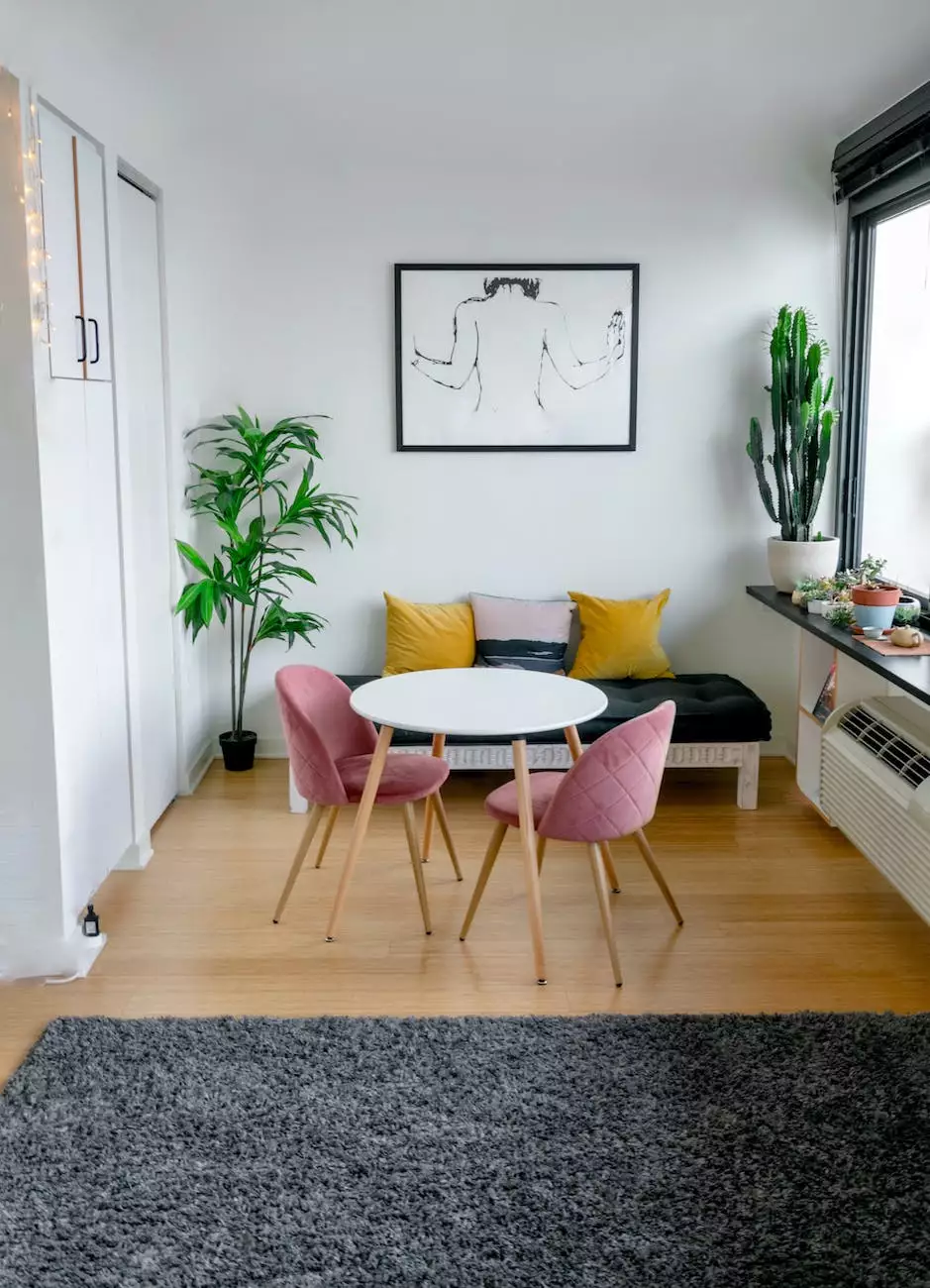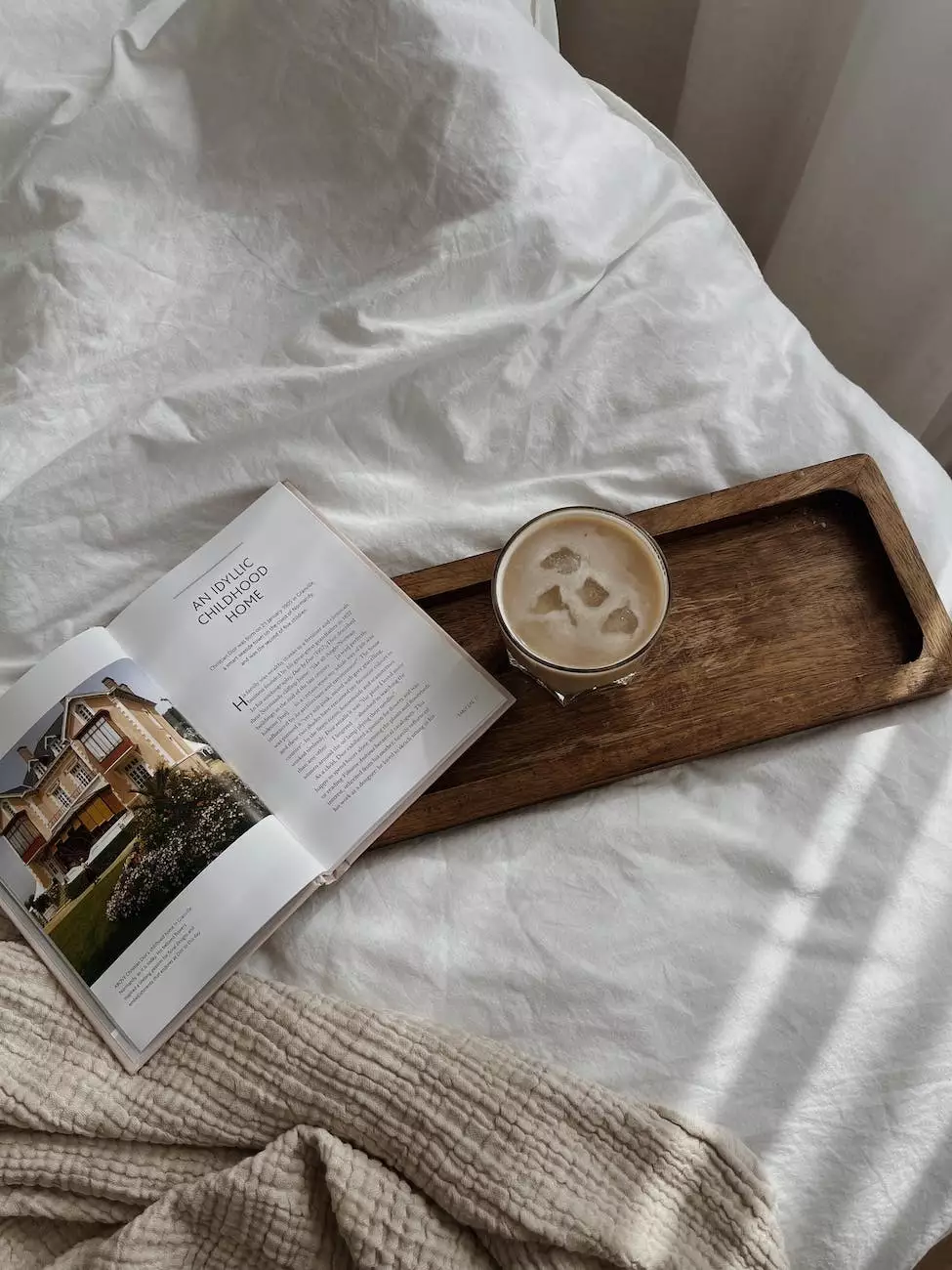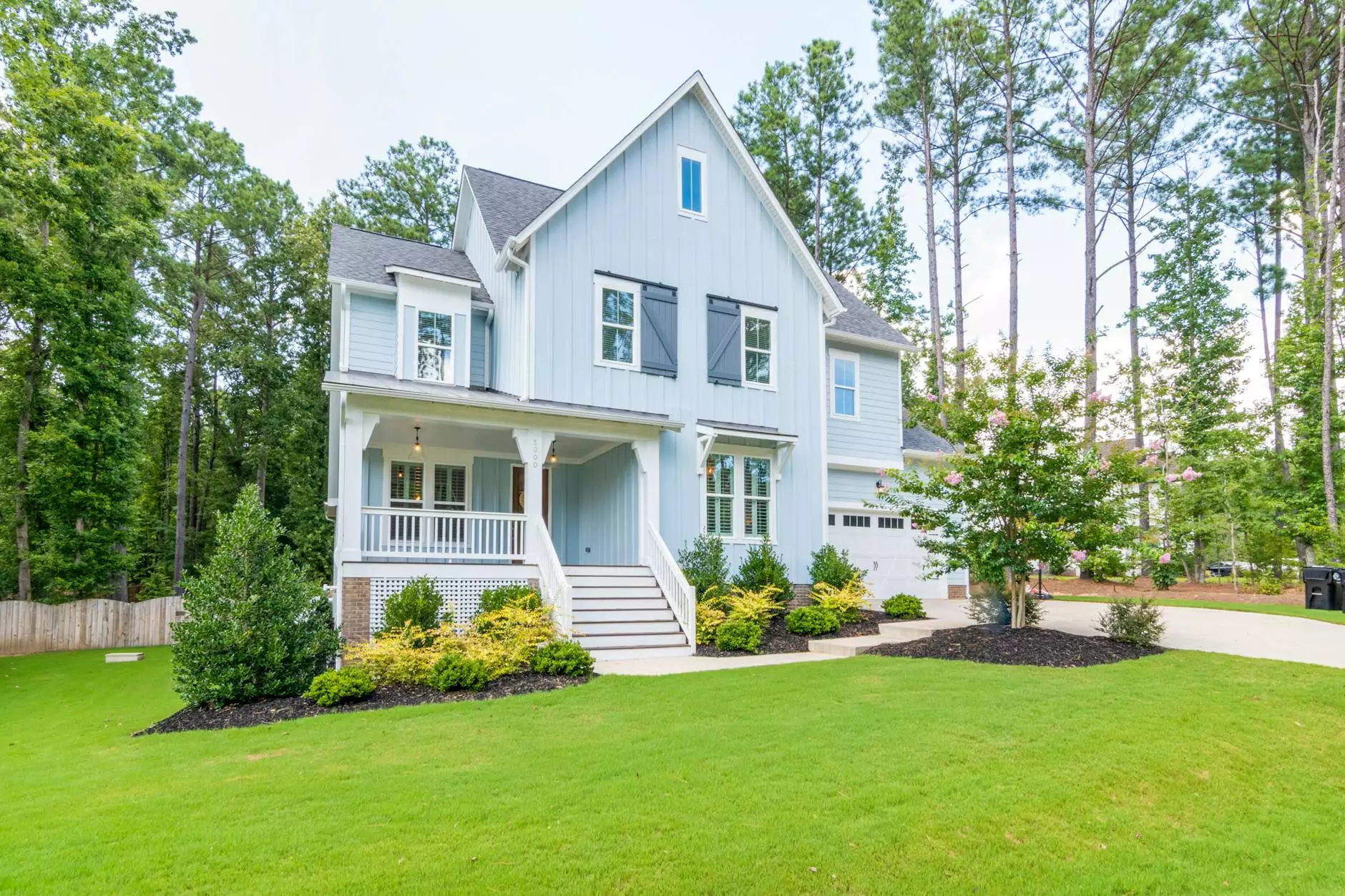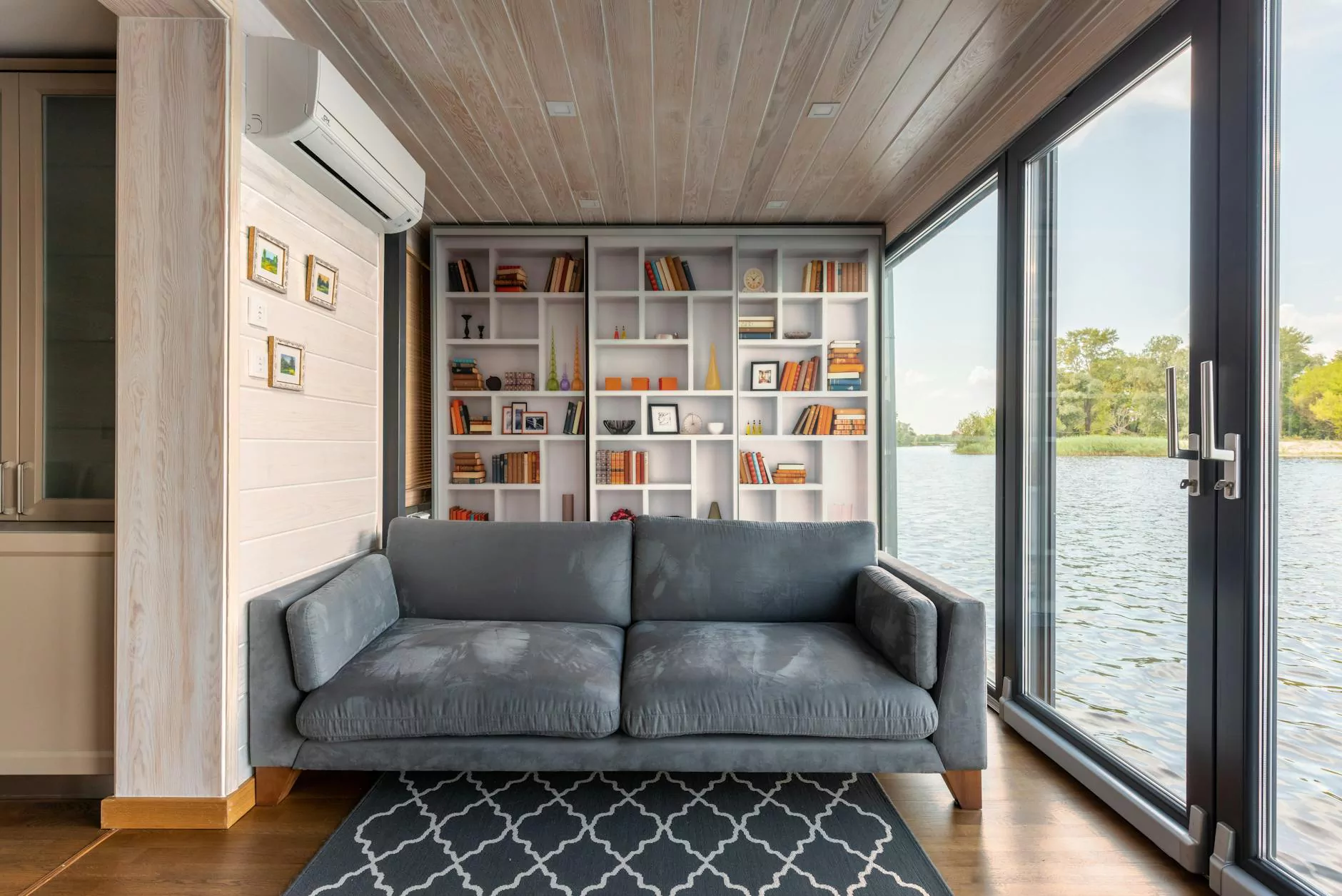Home Rentals Frequently Asked Questions
Property Management
Introduction:
Welcome to Lynchburg Wholesale Property's comprehensive guide to home rentals. Whether you're a first-time renter or an experienced tenant, we understand the importance of having access to accurate and detailed information when it comes to finding your ideal rental property. In this article, we aim to answer some of the most frequently asked questions about home rentals, providing you with the knowledge you need to make informed decisions.
1. How do I start my search for a rental home?
When beginning your search for a rental home, it's important to consider your specific needs and preferences. Determine your desired location, budget, and key features you require in a rental property. Utilize online resources, such as Lynchburg Wholesale Property's website, to browse available rentals that match your criteria. Additionally, consider reaching out to local real estate agents or property management companies for professional assistance in finding the perfect rental home.
2. What factors should I consider when choosing a rental property?
Choosing the right rental property involves careful consideration of various factors. Firstly, assess the location - proximity to amenities, schools, and transportation options. Evaluate the rental property's condition, including the state of appliances, fixtures, and overall maintenance. Consider the lease terms - duration, pet policies, and any additional fees or restrictions. It is also advisable to review the landlord's reputation and obtain references to gauge their reliability and responsiveness.
3. How do I ensure the rental property is in good condition before signing the lease?
Prior to signing the lease agreement, it is crucial to conduct a thorough inspection of the rental property. Carefully examine all rooms, checking for any damages or maintenance issues that need to be addressed. Take note of any existing damages and discuss them with the landlord to ensure they are documented and resolved before moving in. It may also be beneficial to take photographs to serve as evidence of the initial property condition.
4. What are my rights and responsibilities as a tenant?
As a tenant, it is important to understand your rights and responsibilities. Familiarize yourself with the terms and conditions stated in the lease agreement, including rental payment due dates, procedures for reporting maintenance issues, and any restrictions on property usage. Respect the property, adhere to noise regulations, and maintain cleanliness. Communicate effectively with the landlord or property management company to address any concerns or repair requests promptly.
5. What should I do in case of a dispute with my landlord?
In the event of a dispute with your landlord, open and honest communication is key. Begin by discussing your concerns with the landlord directly, aiming to reach a mutually satisfactory resolution. If the issue remains unresolved, consider seeking legal advice to understand your rights and options. Document all interactions and keep records of any relevant communication, photos, or contracts to support your case if necessary.
6. How can I protect my security deposit?
To protect your security deposit, it is essential to thoroughly document the condition of the rental property upon moving in and moving out. Take photographs, keep records of any damages, and notify the landlord of any pre-existing issues. Adhere to the lease agreement and ensure that you leave the property in the same condition as when you moved in, excluding reasonable wear and tear. Request a final walk-through with the landlord to mutually agree on the condition and any deductions, if applicable.
7. What should I know about rental insurance?
Rental insurance is crucial for protecting your personal belongings and mitigating liability risks. While the landlord's insurance typically covers the structure itself, it does not extend to tenant possessions. Renter's insurance provides coverage for theft, damage, or loss of personal belongings and may offer liability protection in case of accidents. Consult an insurance professional to determine the appropriate coverage for your specific needs.
8. Can I make changes to the rental property?
The ability to make changes to a rental property depends on the terms stipulated in the lease agreement. Generally, major alterations or renovations require written permission from the landlord, while minor cosmetic changes, such as painting or hanging pictures, may be allowed with prior notice. It is crucial to obtain consent and ensure that any modifications are carried out professionally and do not violate any lease terms or local regulations.
Conclusion:
Renting a home can be an exciting and rewarding experience if approached with the right knowledge. Lynchburg Wholesale Property hopes that this comprehensive guide to home rentals has provided you with valuable insights and answers to your frequently asked questions. By considering your needs, conducting proper research, and communicating effectively with landlords, you'll be well-equipped to find and secure the perfect rental property. Remember to enjoy the process and make your new rental house feel like a home.










